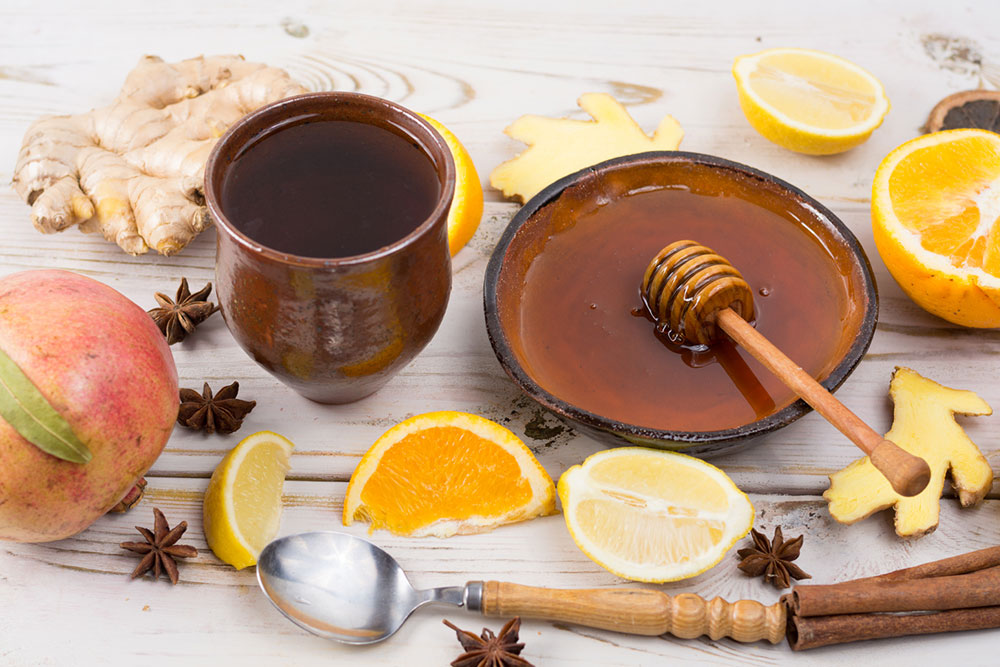Comprehensive Guide to Managing Acid Reflux: Symptoms, Causes, and Effective Natural Relief Strategies
This comprehensive guide covers the symptoms, causes, and natural remedies for acid reflux. Learn how to identify signs like burning pain, regurgitation, and cough, and explore effective home treatments such as apple cider vinegar, ginger, and lifestyle modifications. Early recognition and natural relief strategies can help manage symptoms and improve quality of life. For persistent issues, consulting healthcare professionals is essential to prevent complications and ensure proper treatment. Discover practical tips to alleviate discomfort safely at home.

Comprehensive Guide to Managing Acid Reflux: Symptoms, Causes, and Effective Natural Relief Strategies
Acid reflux, often described as a burning sensation in the chest or throat, accompanied by minor hiccups, is a common digestive disorder that affects many individuals worldwide. This condition results from stomach acids flowing back into the esophagus, causing discomfort and sometimes leading to more serious health issues if left unmanaged. Understanding the symptoms, causes, and effective natural remedies can help individuals find relief and improve their quality of life. In this comprehensive guide, we delve into the intricacies of acid reflux, exploring how to identify its signs, what triggers it, and how to alleviate symptoms through proven natural methods.
Recognizing the Signs and Symptoms of Acid Reflux is essential for timely intervention. Frequently experiencing certain discomforts could mean you are dealing with acid reflux, and early detection can prevent worsening of the condition. Here are some of the most common symptoms that can indicate acid reflux:
Difficulty Swallowing and Gagging: Feeling as if food is getting stuck in your throat, often accompanied by a burning sensation, is a classic sign of acid reflux. This symptom signifies irritation or inflammation of the esophagus caused by stomach acid.
Persistent Cough: A chronic cough that does not seem to go away could be linked to acid reflux, especially if it worsens after meals or while lying down.
Upper Abdominal or Chest Pain: Lingering discomfort or pain in the upper abdomen or chest area can be a symptom of acid exposure to the esophagus.
Sore Throat and Hoarseness: Continuous soreness in the throat, particularly in the mornings, or hoarseness can be signs of acid reflux affecting the larynx and vocal cords.
Regurgitation and Sour Taste in Mouth: Rebound of stomach contents into the mouth, accompanied by a sour or bitter taste, is a clear indication of reflux episodes, often occurring shortly after meals.
Frequent Laryngitis: Recurrent inflammation of the larynx, leading to hoarseness or voice changes, may also suggest acid reflux.
Understanding these symptoms is vital for identifying acid reflux early. If you experience any of these signs regularly, consulting with a healthcare professional is recommended for proper diagnosis and treatment planning.
Natural Home Remedies to Alleviate Acid Reflux can be effective in managing symptoms and providing relief without the need for medication. Here are some proven strategies and remedies that you can incorporate into your daily routine:
Diluted Apple Cider Vinegar: Despite its acidity, apple cider vinegar can help balance stomach acid levels. Mix one to two teaspoons in a glass of water and consume before meals.
Licorice Root: Known for its soothing properties, licorice root can help protect the stomach lining and reduce acid production. It can be taken as a tea or supplement, but consult a healthcare provider for appropriate dosage.
Fresh Pineapple Juice: Pineapple contains bromelain, an enzyme that aids digestion and can reduce reflux symptoms when taken in moderation.
Ginger Tea or Fresh Ginger: Ginger has anti-inflammatory properties and helps in digestion. Drinking ginger tea or adding fresh ginger to meals can alleviate reflux discomfort.
Eating Smaller, More Frequent Meals: Large meals can overdistend the stomach and relax the lower esophageal sphincter, promoting reflux. Smaller, frequent meals lessen this risk.
Wearing Loose-fitting Clothing: Tight clothing around the waist increases abdominal pressure and can trigger reflux. Opt for looser garments to minimize this risk.
Avoiding Trigger Foods: Spicy, fatty, or acidic foods are known to relax the lower esophageal sphincter or irritate the esophagus. Limiting these can significantly reduce reflux episodes.
Reducing Overall Fat Intake: High-fat diets can delay stomach emptying and relax the sphincter. Incorporate healthier fats and monitor intake.
Timing of Meals: Allow at least two to three hours after eating before lying down or sleeping to prevent acids from traveling back into the esophagus.
It's important to note that during digestion, the lower esophageal sphincter (LES) — a ring of muscle at the bottom of the esophagus — normally remains closed to keep stomach acids where they belong. In individuals with acid reflux, this sphincter relaxes inappropriately or weakens, allowing acid to flow back up, causing the burning sensation and discomfort characteristic of the condition. Implementing these home remedies can significantly help manage symptoms naturally. However, persistent or severe symptoms warrant medical evaluation and potentially prescribed treatment to prevent complications such as esophageal damage or Barrett's esophagus.





